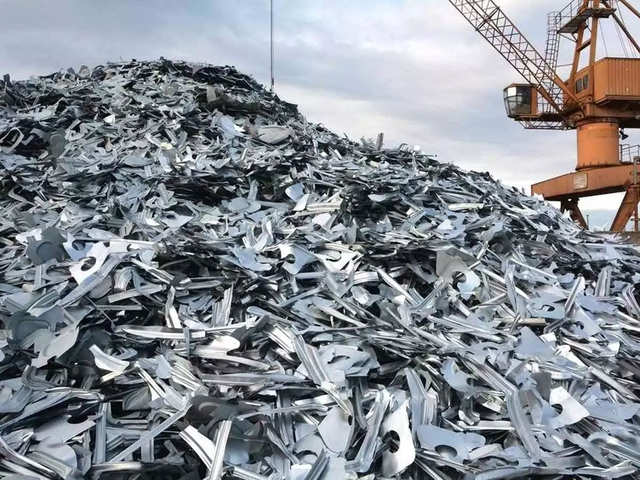Metal recycling is good for the environment and can also benefit your business in saving money. If you're a business owner interested in taking advantage of nonferrous metals recycling, read on for some facts you need to know about non-ferrous metal recycling.
Non-ferrous metal properties:
Non-ferrous metals refer to all metals except ferrous metals. Ferrous metals are alloys that include iron, such as carbon steel and cast iron. Common non-ferrous metals are copper, tin, zinc, nickel, aluminum, and tin. Precious metals such as gold and silver are also non-ferrous metals.
There is a wide variety of consumer and industrial goods containing non-ferrous metals that can be recycled, such as beverage cans, electronic circuits, car coolers, and aircraft components. If you are also looking for non-ferrous metal recycling then you can check this site out to find the recycling center.

Image Source: Google
Non-ferrous metals are more ductile and more repellent to corrosion and rust than ferrous metals and are also lighter, which makes them a good choice for products that require strength but weight is an issue. Finally, non-ferrous metals are not magnetic, which is why they are used for cables and electronic circuits.
Non-ferrous metal recycling:
Non-ferrous metals are especially valuable for recycling because they do not degrade or lose their properties during the process. Due to these properties, non-ferrous metals can be recycled indefinitely without losing their physical or chemical properties.
Non-ferrous metal collected for recycling is transported to industrial users such as refineries, foundries, and smelters, giving them inexpensive and environmentally friendly access to valuable non-ferrous scrap.